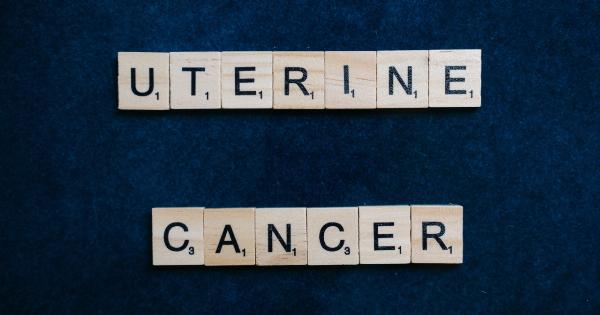Being diagnosed with colon cancer and going through treatment can have various physical and emotional side effects, including changes in sexual function.
Both men and women may experience challenges when it comes to their sexual health during or after colon cancer treatment. It’s important to understand these changes and seek support and guidance to manage them effectively.
Causes of changes in sexual function
Several factors can contribute to changes in sexual function after colon cancer. These factors may include:.
1. Surgery: Surgical treatments for colon cancer, such as a colectomy or a colostomy, can have an impact on sexual function.
Depending on the extent of the surgery and the area affected, patients may experience physical changes that affect their sexual health.
2. Medical treatments: Chemotherapy and radiation therapy can also cause changes in sexual function.
These treatments can lead to fatigue, hormonal imbalances, vaginal dryness, erectile dysfunction, and other side effects that may affect sexual desire and performance.
Effects on sexual intimacy
Changes in sexual function can have a significant impact on an individual’s sexual intimacy and relationships. It’s common for cancer survivors to experience a decrease in sexual desire, anxiety, or discomfort during sexual activity.
These changes can potentially affect both physical and emotional aspects of intimacy.
Addressing physical difficulties
When dealing with changes in sexual function, it’s crucial to communicate openly with your healthcare team. They can provide valuable insights and recommend strategies to manage and overcome physical difficulties.
Here are some approaches that may help:.
1. Physical therapy: Pelvic floor exercises and other physical therapy techniques can be helpful in addressing sexual difficulties caused by surgery or radiation therapy.
2. Lubrication: Using water-based lubricants or vaginal moisturizers can alleviate discomfort related to vaginal dryness, a common side effect of treatment.
3. Medications: In some cases, medications may be prescribed to address specific concerns like erectile dysfunction or vaginal dryness.
Improving emotional intimacy
Addressing the emotional aspects of sexual intimacy is equally important. Cancer treatment can bring about anxiety, emotional distress, and body image issues, which can impact sexual relationships.
Here are some suggestions for improving emotional intimacy:.
1. Open communication: Talking openly with your partner about your feelings, concerns, and desires is essential. Honesty and mutual understanding can help build emotional closeness and foster support during this challenging time.
2. Seek professional help: Consider reaching out to a therapist or counselor specializing in sexual health and cancer-related concerns. They can provide guidance and support in navigating the emotional challenges you may be facing.
3. Explore alternative forms of intimacy: Remember that physical intimacy is not limited to sexual intercourse.
Engaging in activities that promote emotional connection and closeness, such as cuddling, kissing, or simply spending quality time together, can be fulfilling and enrich your relationship.
Seeking support
Dealing with changes in sexual function after colon cancer can be challenging, but you don’t have to face it alone.
Seek support from healthcare professionals, support groups, and organizations specializing in cancer survivorship and sexual health. Here are some resources that can provide assistance:.
1. Your healthcare team: Discuss your concerns with your oncologist, surgeon, or nursing staff. They can provide guidance and refer you to appropriate resources.
2. Support groups: Joining a support group for cancer survivors or individuals experiencing sexual difficulties can offer a sense of community, validation, and valuable tips from others going through a similar experience.
3. Organizations: Various organizations focus on sexual health and cancer survivorship. These organizations often have online resources, educational materials, and helplines that provide information and support.
Conclusion
Dealing with changes in sexual function after colon cancer is a complex and personal journey. It’s important to recognize that these changes are common and that support and guidance are available.
By addressing physical difficulties, improving emotional intimacy, and seeking appropriate support, individuals can navigate these changes and cultivate a fulfilling and satisfying sexual life after colon cancer.






























